The tourism industry is a highly competitive environment, and customer relationship management (CRM) can be a powerful tool for gaining a competitive edge. A CRM can help you keep track of customer data, such as contact information, interests, and preferences. This allows you to better personalize your services to meet the needs of individual customers. With a CRM, you can anticipate customer needs and offer them personalized offers and discounts.
A CRM can also help you track all customer interactions, allowing you to respond quickly and efficiently to customer inquiries. This can help you maximize customer loyalty and retention by providing better customer service. Automating many of the tasks associated with managing customer relationships can also free up time to focus on other areas of your business.
A CRM can help you identify potential customer segments and target them with the right marketing campaigns. It can also help you analyze customer data and identify trends, helping you to optimize your marketing and sales strategies. With the right CRM tool in place, you can ensure that your tourism business remains competitive and successful.
7 particularly critical reasons to use a CRM for tourism
The tourism industry is increasingly relying on customer relationship management (CRM) systems to manage customer data, personalize marketing messages, and track customer satisfaction. A CRM for tourism can help businesses in this industry keep track of customer interactions across multiple channels and increase customer loyalty and engagement.
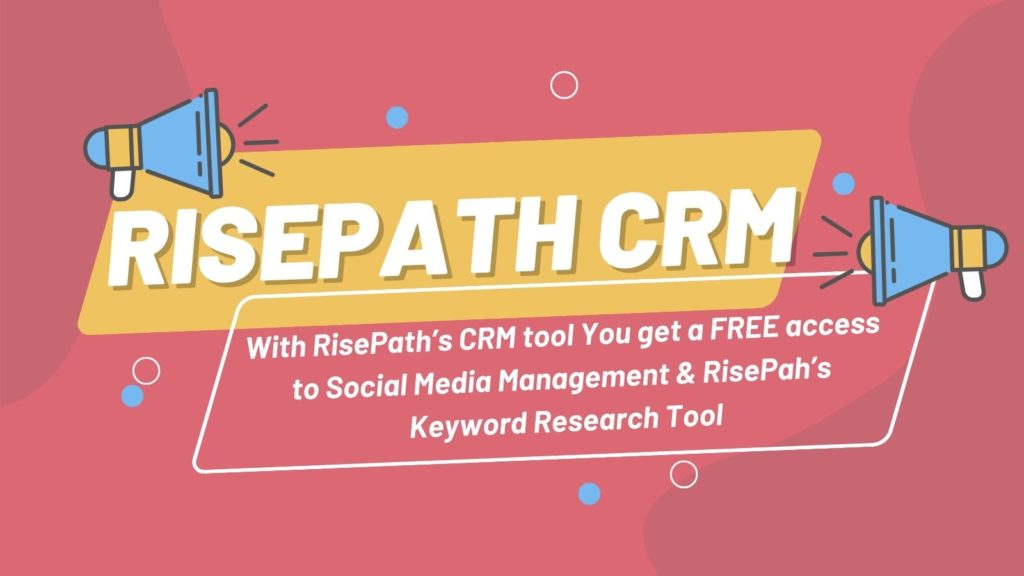
With a CRM system, businesses can easily store customer information, including contact details, preferences, and purchase history. This data can be used to target the right customers with personalized messages that are tailored to their needs and interests. It also allows businesses to keep track of customer satisfaction, identify areas of improvement, and measure the return on investment of their marketing efforts.
Additionally, a CRM system can provide insights into customer behavior and preferences. This can help businesses better understand their customers and craft more effective marketing strategies. By leveraging a CRM system, businesses in the tourism industry can take advantage of all these benefits and optimize their customer engagement.
1. Save time with a CRM for tourism
Customer Relationship Management (CRM) is an invaluable tool for the tourism industry. It can help streamline and automate marketing, sales, and customer service processes, enabling the industry to identify and nurture potential leads with targeted messaging.
CRM for tourism can provide powerful insights into customer requirements and behaviors. It can help manage customer information, bookings, and loyalty programs, allowing for personalized experiences and better customer service. It can also help build strong relationships with customers by tracking and managing their interactions.
CRM for tourism can also help analyze customer data and generate reports for better decision making. It can automate manual tasks and save time for the tourism industry, allowing it to focus on more important tasks.
Also Read: From Social Media to Your CRM
The benefits of CRM for the tourism industry are clear. It can help streamline processes, provide insights into customer behavior, and enable personalized experiences. It can help manage customer information, bookings, and loyalty programs, while also helping to build strong relationships with customers. Finally, it can help automate manual tasks and generate reports for better decision making.
CRM for tourism can help the industry improve efficiency, save time, and maximize customer satisfaction. It can enable travel companies to understand their customers better and meet their needs in a more effective way. By leveraging CRM, the Organize and allocate your tasks strategically
The tourism industry is constantly changing and evolving, and it’s important to stay ahead of the game. One way to do this is by using a Customer Relationship Management (CRM) system to ensure that tasks are completed efficiently and effectively. By implementing a CRM system, businesses in the tourism industry can create a plan to ensure that each team member is assigned tasks based on their individual strengths, set clear goals and objectives, and prioritize tasks based on their importance and urgency.
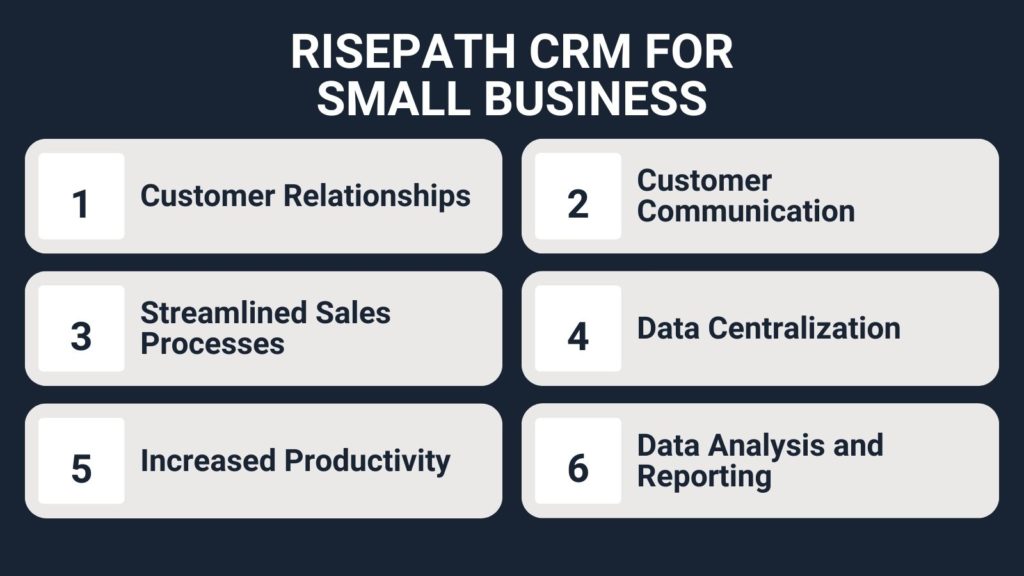
CRM technology can also be utilized to monitor and manage tasks, as well as automated alerts and reminders to help ensure that tasks are completed on time. Businesses should also allocate resources effectively to make sure that the necessary resources are available for each task, and delegate tasks to other team members in order to lighten the workload. Establishing a timeline for each task and keeping track of the progress is essential in order to ensure that tasks are completed within the expected timeframe. Regular updates should be provided to team members to keep them informed of the progress of each task.
Finally, businesses should develop a system for tracking progress and measuring success. By utilizing a CRM system, businesses in the tourism industry can ensure that tasks are completed efficiently and effectively, and that their team members are able to reach their goals and objectives.
Generate automated reports
As the tourism industry continues to grow, more businesses are looking for ways to better manage their customer relationships. Customer Relationship Management (CRM) systems provide businesses with the ability to generate automated reports that can provide valuable insights into customer behavior and preferences. Automated reports can provide a comprehensive overview of customer data, such as purchase history, contact history, and customer sentiment. Additionally, automated reports can be used to track and analyze customer trends over time, giving businesses a better understanding of customer needs and preferences.
Also Read: Transforming Small Business CRM Operations
Using automated reports, businesses can identify potential areas of improvement and opportunities for growth, allowing them to make more informed decisions about their customer engagement strategies. Additionally, automated reports can be easily shared with other departments within a business, allowing for a more collaborative approach to customer service and customer experience management. By leveraging the data provided by automated reports, businesses can take a proactive approach to customer relations, ensuring that their customers have the best possible experience.
CRM systems provide businesses in the tourism industry with powerful tools that can help them better manage their customer relationships. Automated reports are a key feature of any CRM system, allowing businesses to gain valuable insights into their customers and create strategies that will ensure their customers have the best experience possible. By utilizing the data provided by automated reports, businesses in the tourism industry can intigrate the RisePath CRM.
2. Boost your efficiency with a CRM for tourism
The tourism industry is highly competitive and customer service is one of the most important elements to staying ahead of the competition. Having a powerful and efficient Customer Relationship Management (CRM) system in place can be the difference between success and failure. A CRM system can help streamline operations and improve customer service quality for any tourism-related business.
A CRM can provide an easy way to manage customer information, track customer interactions, create marketing campaigns, and analyze customer data. By taking advantage of automated CRM features, businesses can save time and money in marketing, sales, and customer service. With a CRM in place, businesses can quickly and accurately respond to customer inquiries and generate personalized offers for customers. Automated reporting and analytics can help businesses gain valuable insights into customer behavior and preferences, allowing them to tailor their services accordingly.
CRM systems can also help businesses identify potential sales opportunities, reduce customer churn, and improve customer retention. Businesses can use the customer data collected to gain a better understanding of their target audience and create more effective marketing campaigns. With the right CRM system in place, businesses can increase efficiency, reduce costs, and improve customer satisfaction.
Overall, a CRM system is an essential tool for any business in the tourism industry. By leveraging the power of a CRM.
3. Optimize your CRM for tourism to improve your business strategies
For any tourism business, a customer relationship management (CRM) system is essential for success. By optimizing your CRM for the tourism industry, you can better understand your customers’ needs and preferences. With this data, you can create targeted campaigns for different customer segments and improve customer engagement.
A CRM system can also be used to track customer journeys and analyze customer feedback. This data can be used to create more personalized experiences for each customer. Additionally, this data can help you identify trends in customer preferences and behavior, enabling you to identify areas of improvement and create more effective marketing strategies.
In today’s competitive tourism industry, a CRM system is essential for any business looking to increase customer engagement and loyalty. By utilizing a CRM system, you can gain valuable insights into your customers’ needs and preferences, enabling you to create more personalized experiences and improve your marketing strategies.
4. Integrate complementary software with your CRM for tourism
The tourism industry is constantly evolving, and customer relationship management (CRM) is becoming an increasingly important part of the success of any travel business. Integrating complementary software with your CRM can help streamline processes, increase efficiency, and improve customer service. Popular software options for tourism industry CRM include tour operators, booking engines, GDS/OTA systems, loyalty programs, and analytics tools.
Integrating these systems can provide a single interface for customers to access their bookings, view and manage their loyalty points, and receive personalized offers. Automating processes with complementary software can help save time and money while providing a better customer experience. Having a single platform to manage all of these systems makes it much easier to keep track of customer data and provide the best possible service.
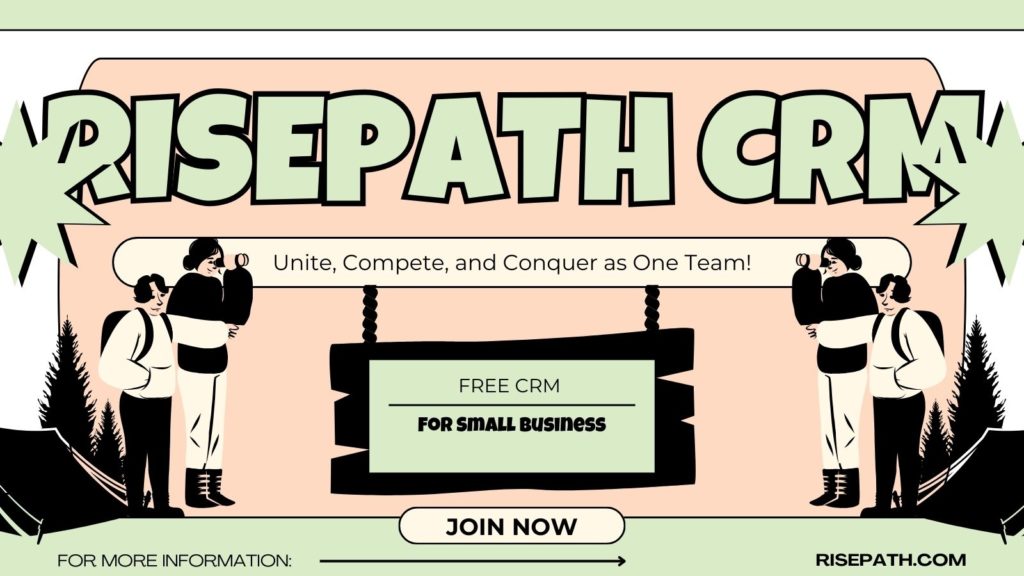
By integrating a CRM system with complementary software, tourism businesses can create a seamless customer experience and improve overall efficiency. The ability to access customer data quickly and easily can help to provide personalized offers tailored to each customer’s needs, increasing the likelihood of a successful booking.
Additionally, the automation of certain processes can help to reduce costs and free up staff to focus on more important tasks. With the right CRM system in place, tourism businesses can gain a better understanding of their customers and provide the best possible customer experience.
5. Improve prospect and client management and client satisfaction
The tourism industry is all about customer service, and having a good customer relationship management (CRM) system is essential for providing the best customer experience. A CRM system allows businesses to store and track customer information, including contact details and preferences. This information can then be used to automatically send emails to customers, reminding them about upcoming events, promotions, and other relevant news.
The tourism industry is all about customer service, and having a good customer relationship management (CRM) system is essential for providing the best customer experience. A CRM system allows businesses to store and track customer information, including contact details and preferences. This information can then be used to automatically send emails to customers, reminding them about upcoming events, promotions, and other relevant news.
Customer segmentation is another important tool when it comes to CRM in the tourism industry. By dividing customers into different groups, businesses can create targeted campaigns for each type of customer. This helps to ensure that all customers receive the best possible service. Tracking customer interactions and feedback is also important to identify areas for improvement.
Finally, analytics can be used to gain insight into customer behavior and help businesses to improve customer service. By understanding customer needs and preferences, businesses can create strategies to better serve their customers and maximize customer satisfaction.
CRM is an essential tool for tourism businesses that want to provide the best customer experience. With the right CRM system and strategies, businesses can create targeted campaigns, improve customer service, and gain valuable insights into customer behavior.
Familiarize yourself with your clientele using a CRM for tourism
The tourism industry is increasingly turning to Customer Relationship Management (CRM) software to help them manage their customer relationships more effectively. With the help of a CRM, businesses in the tourism industry can gain valuable insights into their customers and better understand their needs and preferences.
A CRM can be used to store customer contact information, booking history, and other critical data points. This makes it easy to segment customers into different categories and target them according to their interests and preferences. Additionally, businesses can use a CRM to track customer loyalty and reward programs, helping to retain customers and boost loyalty.
Engaging customers with tailored content and campaigns is another key benefit of a CRM. Businesses can use a CRM to send out special offers and discounts, or to create automated customer service tasks such as responding to inquiries and handling complaints.
Finally, a CRM can help businesses identify trends in customer behavior, allowing them to better anticipate customer needs. This can be especially helpful in the tourism industry, where customer feedback is essential for success.
Using a CRM can help businesses in the tourism industry gain an edge over their competitors and better serve their customers. With a CRM, businesses can gain valuable insights into their customers and better understand their needs and preferences, while also engaging
Get a 360°-view of your client
The tourism industry is highly competitive and requires a comprehensive understanding of customer needs and preferences. Implementing a Customer Relationship Management (CRM) system can help tourism businesses gain a better understanding of their customers and their journey. CRM systems provide a comprehensive overview of customer purchase history, interactions with different departments, and overall satisfaction.
Also Read: The Best CRM for Your Startup or Business
This data can be used to tailor marketing campaigns and offers that are specifically tailored to the customer’s needs and preferences. Additionally, customer feedback can be used to improve customer experience and services.
CRM systems also generate customer profiles that can provide detailed information about customer trends and buying behavior. This information can be used to anticipate customer needs and create targeted marketing campaigns. Additionally, customer data can be easily accessed from any device, and customer service processes can be automated to increase efficiency and reduce costs. Finally, detailed reports can be generated for better decision-making, and customer loyalty and engagement can be monitored.
In conclusion, implementing a CRM system in the tourism industry can provide a comprehensive understanding of customer needs and preferences. This information can be used to tailor marketing campaigns and offers, improve customer experience and services, automate customer service processes, and generate detailed reports for better decision-making. Additionally, customer loyalty and engagement can be monitored.
6. Overhaul your client experience thanks to the database of your CRM for tourism
The tourism industry relies heavily on customer relationships, which is why having a customer relationship management (CRM) database is essential. A database for your CRM in the tourism industry can provide a much more personalized customer experience. The database can track customer preferences, communication history, and past purchases. This data can be used to customize marketing messages, increase loyalty, and ensure customer satisfaction. By having an organized database, customer relationships can be managed more effectively and efficiently.
Automated processes such as automated emails, surveys, and follow-ups can be implemented to better serve customers. Additionally, working with a CRM database can help you better understand customer behavior, so that you can provide the best service and experience. By utilizing a CRM system, you can effectively manage customer relationships, develop more efficient marketing campaigns, and create a better overall experience for your customers.
7. Quickly expand with your CRM for tourism
Customer Relationship Management (CRM) is an essential tool for businesses in the tourism industry to build relationships and maximize customer loyalty. CRM software enables businesses to collect customer data, analyze customer behaviour, and create automated marketing campaigns. This software can help businesses to identify customer needs, anticipate customer demand, and provide personalized services. With CRM software, businesses in the tourism industry can deliver more targeted and relevant messages to customers and increase brand loyalty.
CRM software is also an effective tool for managing customer relationships more effectively and increasing customer satisfaction. This software can provide insights into customer behaviour and preferences, allowing businesses to better understand their customers and develop new services. CRM software can help businesses in the tourism industry to streamline operations, reduce costs, and increase profitability.
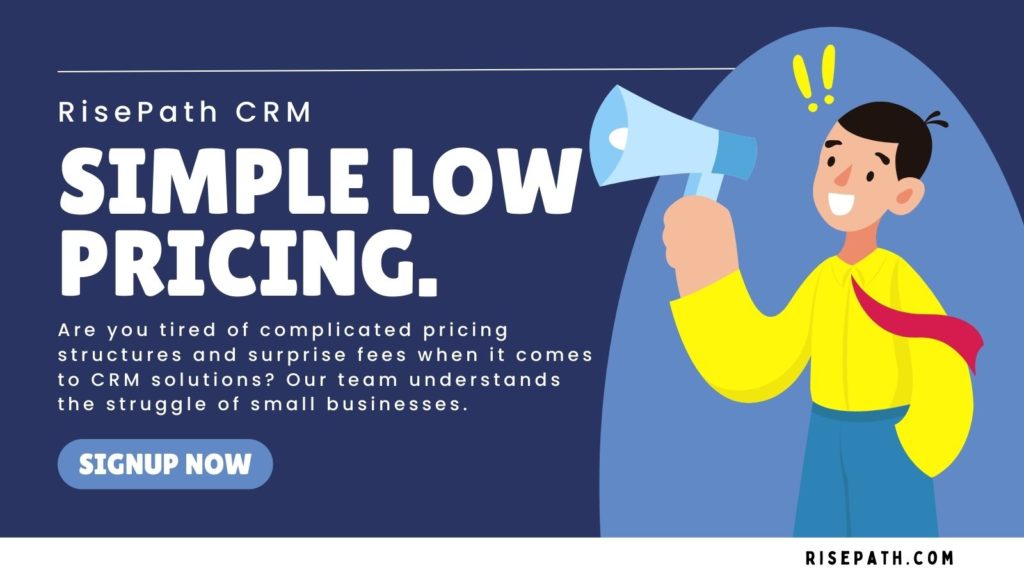
The tourism industry is highly competitive and businesses need to be able to anticipate customer needs and deliver value in order to stay ahead. With CRM software, businesses can gain valuable insights into customer behaviour and preferences that can help them to deliver more targeted and personalized services. This software can also help businesses to increase customer loyalty and satisfaction, as well as improve operational efficiency and reduce costs.
CRM software is an invaluable tool for businesses in the tourism industry to maximize customer loyalty and increase profitability. This software can help businesses to identify customer
Conclusion
The tourism industry is one of the most competitive and rapidly changing industries in the world. In order to stay ahead of the curve and remain competitive, businesses in this industry must leverage customer relationship management (CRM) solutions. CRM can help tourism businesses understand their customers better and identify potential opportunities. By providing personalized experiences tailored to their customers’ needs, businesses can increase customer loyalty and satisfaction. Furthermore, CRM can help businesses leverage data to gain insights into customer behaviour, preferences, and trends.
In addition, businesses can use CRM to measure the effectiveness of their marketing campaigns and optimize their efforts accordingly. Overall, CRM is an essential tool for businesses in the tourism industry. By using CRM, businesses can provide better customer service and create a better overall experience for their customers. In conclusion, it is evident that CRM is essential for the success of the tourism industry. With the right CRM solutions in place, businesses can gain the competitive edge and remain successful in this highly competitive industry.
Our Services
The tourism industry relies heavily on customer relationships to drive success. For businesses in the tourism industry, a well-designed Customer Relationship Management (CRM) system is essential for effective customer relationship management. RisePath provide customized CRM solutions for small business tailored to the specific needs of each business in the tourism industry.
We offer a suite of powerful tools that enable businesses to track customer journeys, create loyalty programs, and keep track of customer data. RisePath’s CRM are designed to help businesses increase efficiency, streamline processes, and maximize customer satisfaction. We provide comprehensive training and support to ensure that businesses can effectively use our CRM system.
RisePath CRM include data analysis and reporting, allowing businesses to gain valuable insights into customer behavior. This data can be used to inform marketing and sales strategies, improve customer service, and target potential customers more effectively. With our CRM system, businesses in the tourism industry can gain a better understanding of their customers and improve customer relationships.
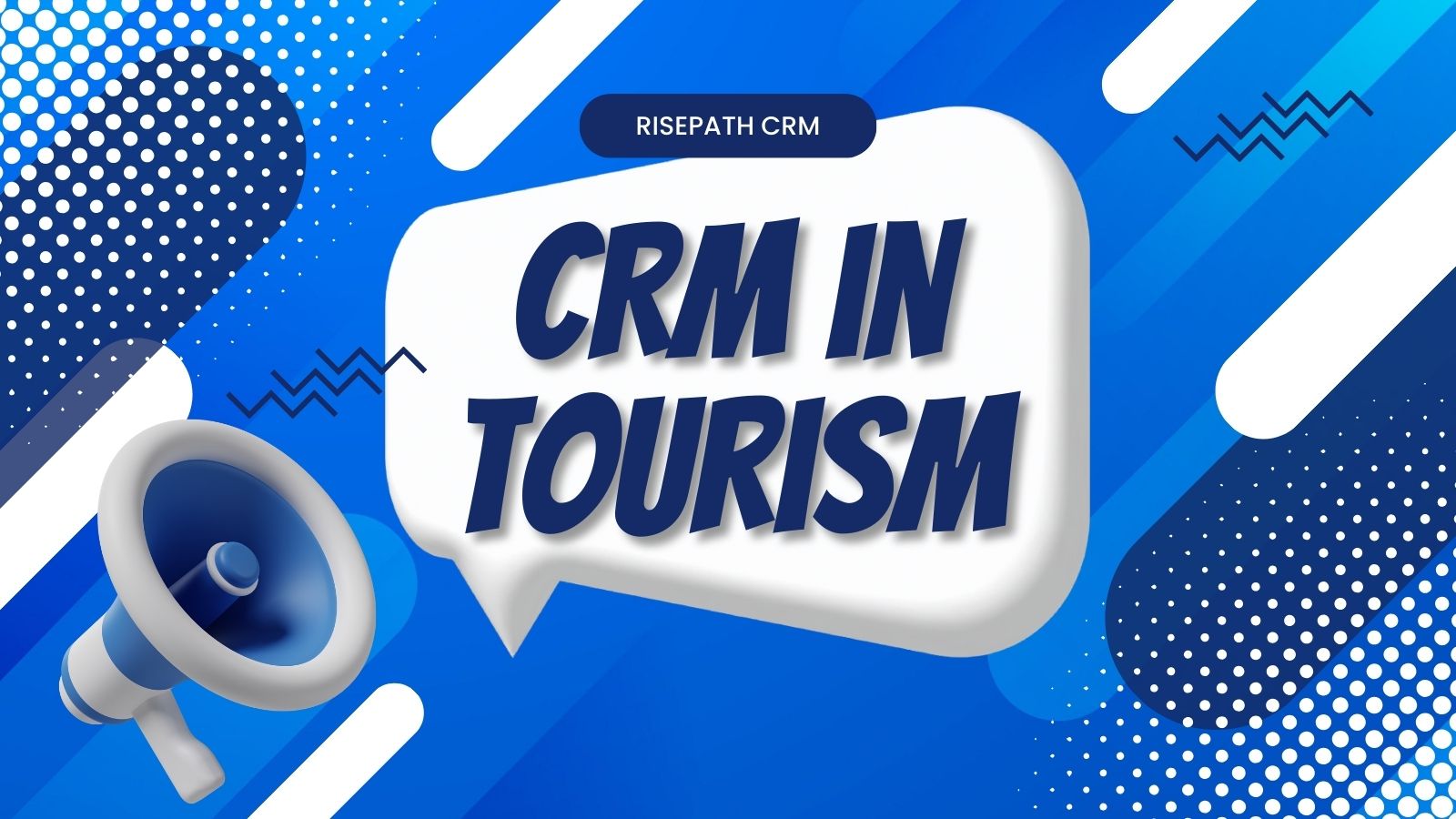
Comments are closed, but trackbacks and pingbacks are open.